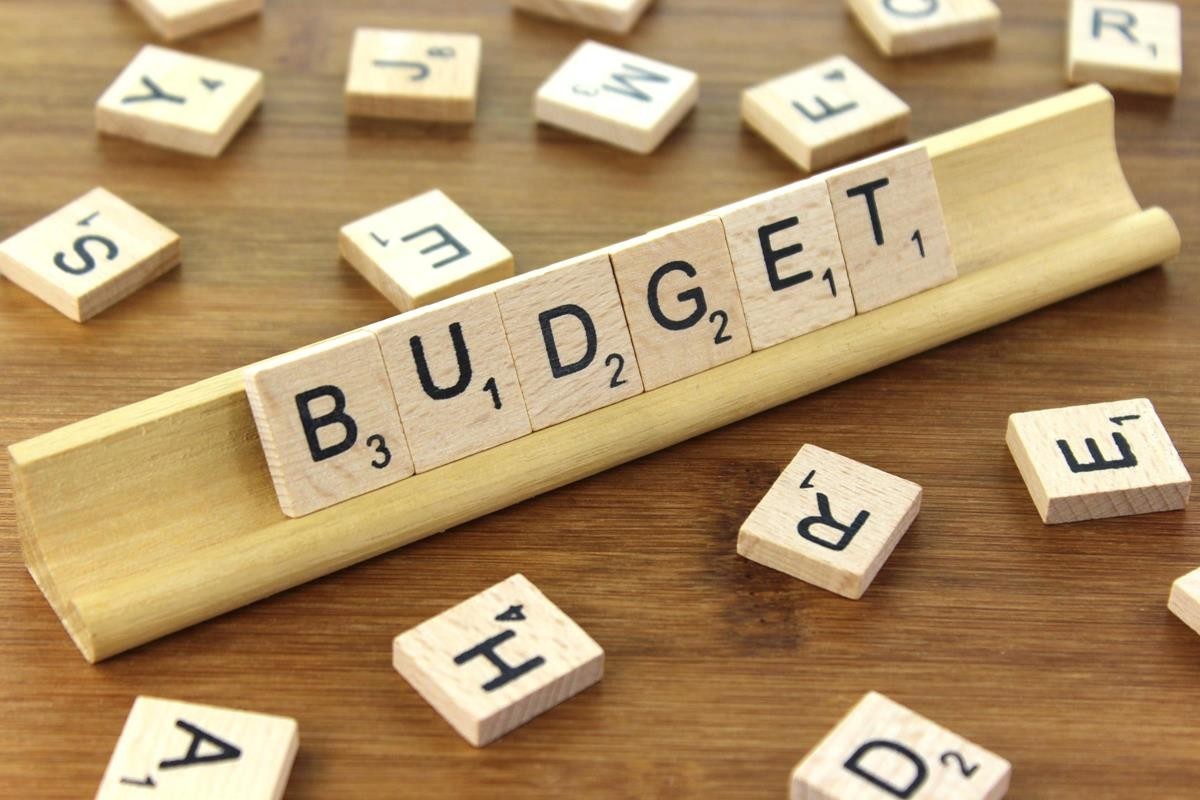October 10th saw the Finance Minister Paschal Donohue unveil the most recent budget. So how will it affect you?
Here’s a brief overview of some of the changes that will likely affect most Irish households.
Income Tax; An increase of €750 has been announced to the income tax standard rate band for all earners. The bands will therefore increase from €33,800 to €34,550 for single individuals and from €42,800 to €43,550 for married one earner couples.
Increases to the Home Carer Tax Credit from €1,100 to €1,200 and to the Earned Income Credit from €950 to €1,150 have also been announced.
USC changes; The following changes have been announced to the USC bands and rates and will apply from 1st January 2018 :
2.5% rate reduced to 2%
€600 increase to €18,772 band ceiling
5% rate reduced to 4.75%
Capital Acquisitions Tax; there has been no further move this year to make additional amendments to the CAT legislation / reliefs governing how inheritance tax liability will be calculated. The only CAT related change announced in the budget was a broadening of the conditions for agricultural relief to allow agricultural land placed under solar infrastructure to continue to be classified as agricultural land.
Capital Gains Tax; An amendment will be made to the relief more widely known as ‘7-year CGT relief’, which will allow the owners of qualifying land or buildings to sell those assets between the fourth and seventh anniversaries of when they were purchased and still enjoy a full relief from CGT on any chargeable gains.
Mortgage Interest Relief; An extension of mortgage interest relief has been announced for those still eligible i.e. owner occupiers who took out qualifying mortgages between 2004 and 2012. 75% of the existing 2017 relief will be continued into 2018, 50% will be given into 2019 and 25% into 2020. The relief will cease entirely from 2021.
Benefit in Kind; To further incentivise the take up of electric vehicles, a 0% rate of Benefit in Kind (BIK) will be introduced in 2018.
Minimum Wage; the minimum wage is to increase to €9.55 from January.
Pensions; The only pension change announced by Minister Donohoe in his Budget speech is the increase in social welfare payments including the state pension by €5 per week, with the full rate contributory pension going to €243.30 per week from the end of March 2018 and social welfare payments. Once this increase happens in March next year, this will bring the full rate state pension (contributory) to €12,651
Social Welfare; There will be a €5 increase to social welfare payments including pension, dole and disability allowance from last week of March 2018. The threshold for the Family Income Supplement will rise by €10 a week for families with three children. There is an increase in the home carer credit to €1,200 a year.
Diesel; there is no increase to the cost of diesel following Budget 2018. There will also be no hike on carbon tax.
Cigarettes; the cost of a box of cigarettes will hit €12 for the first time, following a 50c increase. There is no increase to duty on alcohol.
Sugar Tax: Finance Minister Paschal Donohoe confirmed that the tax on drinks containing over eight grams of sugar per 100 ml will be introduced next year. A reduced tax of of 20 cent will be applied to drinks that contain between five and eight grams of sugar per 100ml. The sugar tax will be introduced in April 2018 in conjunction with the UK and Northern Ireland.
Public Services; In education, 1,300 extra teaching posts have been announced for 2018, which will reduce pupil-teacher ratio to 26:1. Extra funding has also been made available for 1,000 additional special needs assistants.
Health funding is to rise by just under 5pc, or €685m, bringing total funding to €15.3bn. This includes funding for 1,800 new frontline staff.
Additional funding is to be made available for the recruitment of 800 new gardaí next year.


